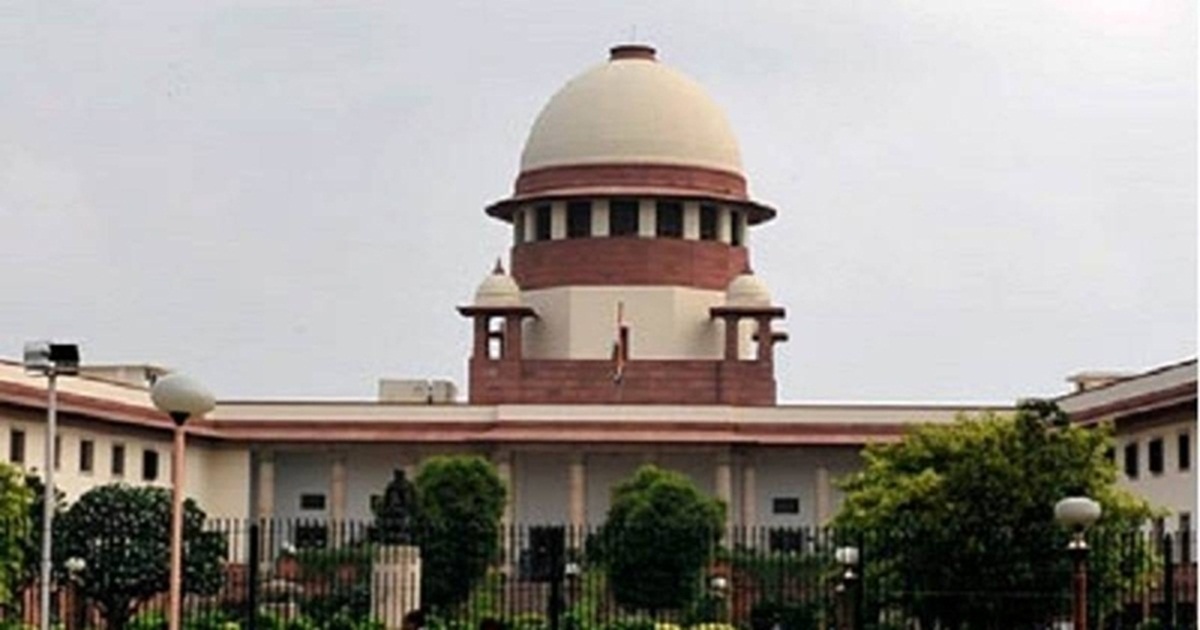Twitter: @the_news_21
The Karnataka-Maharashtra border dispute is a perennial issue that surfaces almost every year, creating an atmosphere of sharp rhetoric and sub-nationalism on both sides.
With no signs of the decades-old issue getting resolved outside the court, there is a feeling in many quarters it’s all politics that keeps the pot boiling.
If there is no other trigger, the dispute at least crops up during December each year, when the border district of Belagavi, which Maharashtra stakes claims on, hosts the winter session of Karnataka legislature at the Suvarna Vidhana Soudha.
This time, the dispute has come to the forefront slightly earlier, with the issue being raked up ahead of hearing on the border issue in the Supreme Court, on a suit filed by Maharashtra.
Some political observers believe that the upcoming Assembly polls in Karnataka and the political dynamics in Maharashtra have added an extra twist to it this time.
The border dispute dates back to 1957 after the reorganisation of states on linguistic lines.
Maharashtra laid claim to Belagavi which was part of the erstwhile Bombay Presidency as it has a sizeable Marathi-speaking population. It also laid claim to 814 Marathi-speaking villages which are currently part of Karnataka.
Karnataka maintains that the demarcation done on linguistic lines as per the Act and the 1967 Mahajan Commission Report as final.
And, as an assertion that Belagavi is an integral part of the state, Karnataka has built the Suvarna Vidhana Soudha, modelled on the Vidhana Soudha, the seat of legislature in Bengaluru, and a legislature session is held there once a year.
Parallel to the legislature session, the ‘Maharashtra Ekikaran Samiti’ (MES), which has been fighting in the border areas of Belagavi for the merger of 800-odd villages with Maharashtra, holds ‘Marathi Mahamelava’, a show of strength in the border city.
Along with the hearing in the Supreme Court, the issue also flared up this time with Karnataka Chief Minister Basavaraj Bommai asserting that the Karnataka government was “seriously” laying claim to Jath taluk in Maharashtra, evoking a strong response. He subsequently also claimed that Solapur and Akkalkot regions in Maharashtra belonged to Karnataka.
This statement was largely seen as the state’s response to Maharashtra, after its government appointed two ministers – Chandrakant Patil and Shambhuraj Desai – to track the court case on the border dispute, and that state’s Deputy Chief Minister Devendra Fadnavis’ statement claiming Karnataka’s Marathi-speaking villages, including Belagavi, Karwar and Nippani.
This was followed by instances of vandalising or blackening of state transport buses and vehicles on both sides, which had led to some amount of tension in border areas. Also there is a possible visit by the two Maharashtra Ministers to Belagavi on December 6 to meet the functionaries of MNS, which may again flare up tension.
Meanwhile, there is a debate on political and electoral implications in Karnataka, where Assembly elections are due in about five months.
While some political functionaries are of the view that the border dispute would not have any direct consequences electorally, there is also a view that BJP may face some heat from opposition outfits, depending on how it handles the issue, with the party having the governments in both the states, and also at the Centre.
Political analyst A Narayana from the Azim Premji University feels this border dispute is not something which will have a direct political implication.
“But, what will be the larger message that is going to go out regarding Karnataka government’s handling of the border issue, may have some implications, especially as there is a larger feeling that Kannada cause is not very well taken care of by the BJP government,” he said. However, this impact may not be strong enough to affect the election prospects in any constituency.
Speaking about MES, which has been a dominant political force in politically significant Belagavi district in the past, a political observer in Belagavi said, the BJP with its larger Hindutva and development agenda has in a way eroded MES’s language politics, but with the border issue re-emerging and a changed political scenario in Maharashtra, where a faction of Shiv Sena (that supports MNS) in power, things have to be watched out.
On his part, BJP state General Secretary N Ravi Kumar feels that there won’t be any political or electoral implications of the border issue.
“Maharashtra often raises the border issue for their internal politics, but their demand is impractical. There is no question of giving away even an inch of land…people on the ground don’t want such issues and controversies, they need peace and development, which we are committed to. Border issue has more or less become a perennial one now,” he said.
Further, hitting out at the Congress and other opponents for targeting the BJP government accusing it of not resolving the issue despite the party being in power in Maharashtra, he said, “this is not a party issue, this is the issue of state, its people, land and water. Together we should look for a peaceful solution.” There is also an opinion that internal politics in Maharashtra is one of the major factors behind border issue cropping up this time.
According to Congress MLC Nagaraj Yadav, Maharashtra Chief Minister Eknath Shinde’s breakaway faction of Shiv Sena wants to make inroads in Belagavi by raking up the border issue and strengthen MES, but they will not be successful as the Marathi outfit is a divided house and will make no impact any more.
He, however, feels the border issue might have some impact on the ruling BJP, because they, the MES and also Shinde’s faction of Shiv Sena, who “want to play politics” here, share the same Hindutva agenda. The border issue definitely won’t make any dent for the Congress, he added.




